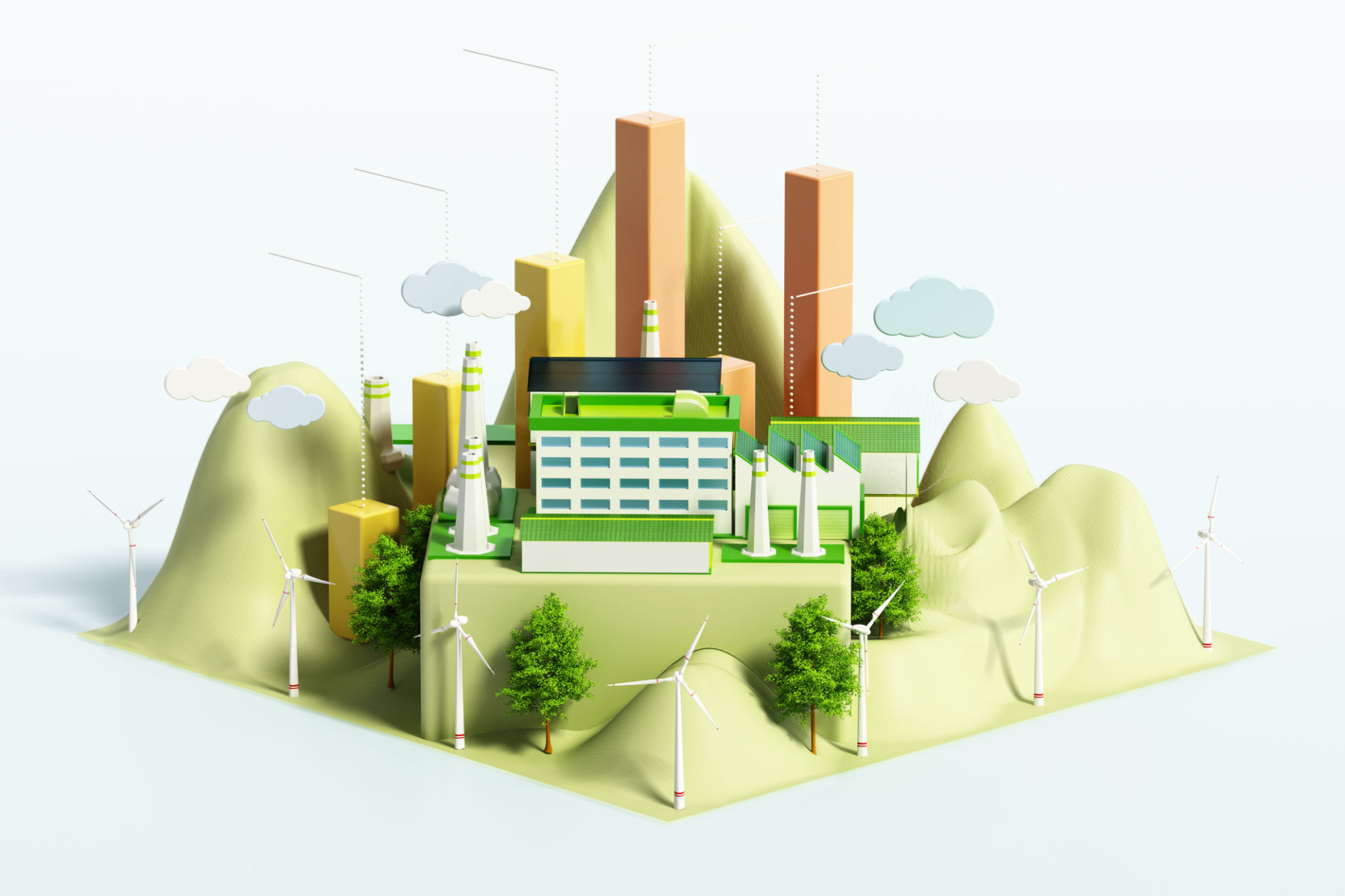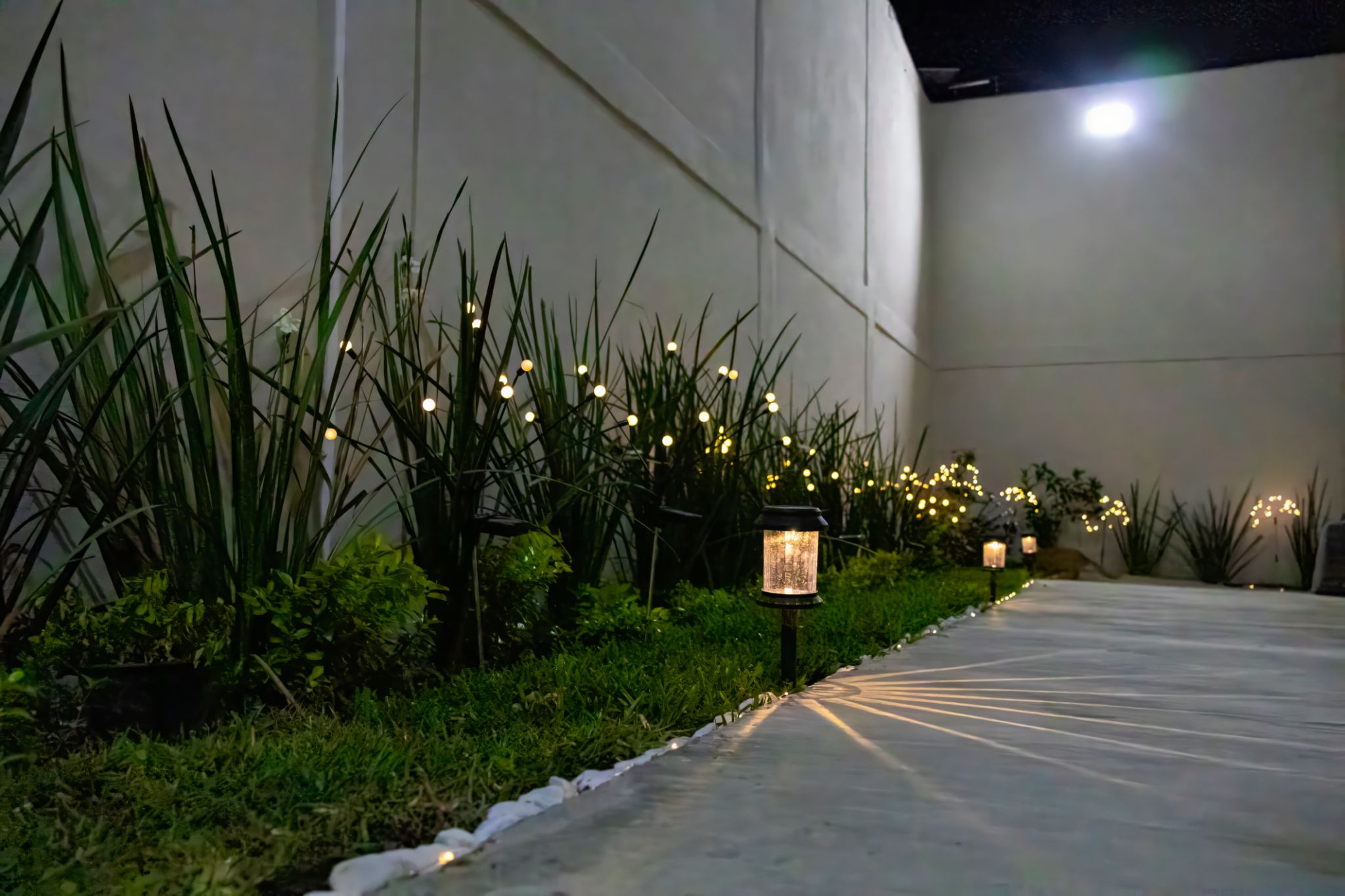Sustainable Landscaping Practices in Montgomery County: Eco-Friendly Tips for Your Lawn
Understanding Sustainable Landscaping
As awareness of environmental issues grows, many homeowners in Montgomery County are turning to sustainable landscaping practices. These eco-friendly methods not only help preserve the environment but also create beautiful and resilient outdoor spaces. By integrating sustainable practices into your lawn care routine, you can contribute to a healthier ecosystem in your community.

Benefits of Native Plants
One of the most effective ways to create a sustainable landscape is by incorporating native plants. Native species are adapted to the local climate and soil conditions, which means they require less water and maintenance. Additionally, they provide essential habitats for local wildlife, including pollinators like bees and butterflies. Consider replacing non-native plants with species that are indigenous to Montgomery County to enhance biodiversity.
Water Conservation Techniques
Water conservation is a critical aspect of sustainable landscaping. Implementing techniques such as rainwater harvesting and drip irrigation can significantly reduce water usage. Collecting rainwater in barrels for irrigation purposes not only conserves water but also reduces runoff, which can carry pollutants into local waterways. Drip irrigation systems, on the other hand, deliver water directly to the plant roots, minimizing evaporation and waste.

Soil Health and Composting
Maintaining healthy soil is fundamental to sustainable landscaping. Healthy soil supports robust plant growth and reduces the need for chemical fertilizers. One way to improve soil health is through composting. By composting kitchen scraps and yard waste, you can create nutrient-rich organic matter that enriches the soil. This practice not only reduces waste but also enhances the fertility and structure of your lawn's soil.
Reducing Chemical Use
Minimizing the use of chemical fertilizers and pesticides is essential for protecting the environment. These chemicals can leach into groundwater and harm beneficial organisms in the soil. Instead, consider using organic fertilizers and natural pest control methods. Introducing beneficial insects or using homemade remedies can effectively manage pests without compromising the health of your lawn or the surrounding ecosystem.

Creating Wildlife-Friendly Habitats
Cultivating a wildlife-friendly garden is another integral aspect of sustainable landscaping. By creating habitats that encourage biodiversity, you provide shelter and food for local fauna. Planting a variety of shrubs, flowers, and trees can attract birds, insects, and small mammals, contributing to a balanced ecosystem in your yard. Additionally, installing birdhouses or bat boxes can offer additional nesting sites.
Implementing Energy-Efficient Practices
Energy efficiency is just as important in landscaping as it is in home design. To reduce energy consumption, consider using solar-powered garden lights and reducing lawn mowing frequency. Opting for manual or electric tools over gas-powered ones can further decrease your carbon footprint. These small changes can collectively have a substantial impact on environmental sustainability.

Community Involvement and Education
Finally, engaging with community initiatives and educational programs can amplify your sustainability efforts. Many organizations in Montgomery County offer workshops on eco-friendly gardening practices and resources for residents interested in sustainable landscaping. Participating in these programs can provide additional insights and inspire others to adopt similar practices.
By embracing sustainable landscaping practices, residents of Montgomery County can enjoy beautiful lawns while contributing positively to the environment. Whether you're planting native species or implementing water-saving technologies, every step towards sustainability helps create a greener future for generations to come.